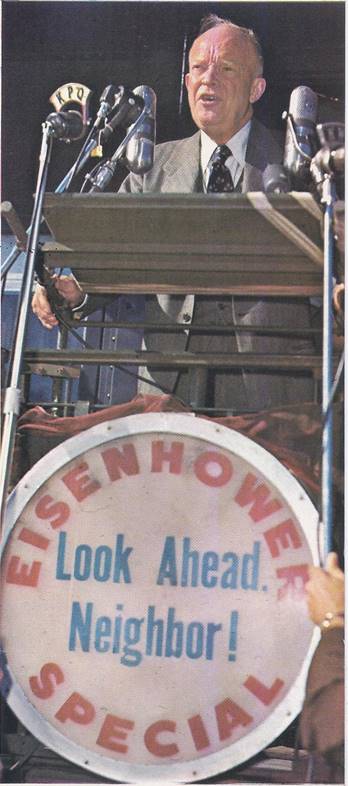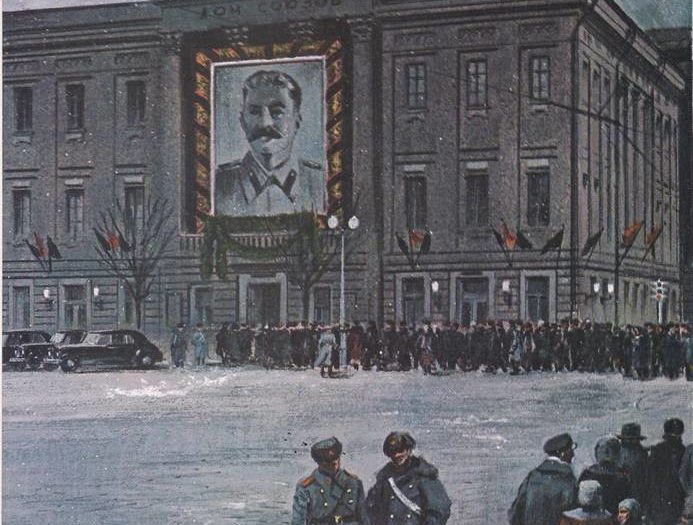AS THE SKY darkened over Moscow on the evening of March 5, 1953, thousands of people waited in line before a building called the Hall of Columns. Some of them wept; some carried flowers. Moving slowly and silently toward the entrance, they could see a forty-foot portrait of Premier Josef Stalin, framed in gold, which hung on the side of the building. News of Stalin’s death had been announced late that afternoon and now he lay in state in an immense room whose marble columns were draped in flags of red and black.
Four days later, Stalin’s body was carried to the tomb on Red Square where lay the body of Lenin, the founder of the Soviet Union. At twelve noon, when Stalin’s body was placed beside that of Lenin, cannon were fired in every city of Russia. Cars, trucks, busses and trains stopped for five minutes, while people repeated the phrase, “Proshe, oteytz”–“Farewell‚ father” and so the Russians took leave of the man who had ruled them for twenty-nine years.
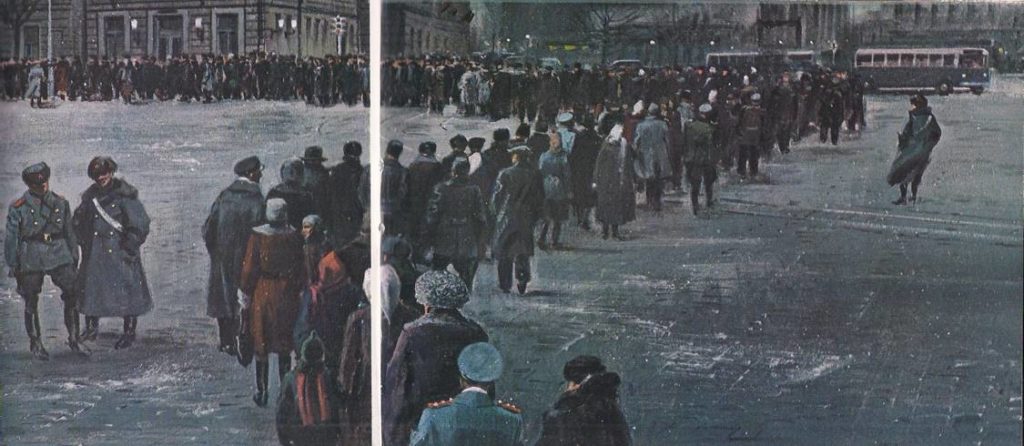
Those twenty-nine years had been among the most eventful and terrible in history, not only for Russia, but for the world. Under Stalin, the Soviet Union had been industrialized. It had fought off an invasion from Nazi Germany and after the war, had established a mighty Communist empire in Eastern Europe and the Balkans. A once backward country had become one of the greatest powers on earth, but the price, in lives and liberty, had been unbelievably high. Millions of people had been killed for resisting Stalin’s program of rapid industrialization, or for disagreeing with him on political issues — or simply because Stalin had suspected them of disloyalty.
The older that Stalin grew, the more tyrannical he became. In 1946, when the cold war with the West began, Stalin started a new series of “purge” trials. Again millions were arrested and hauled off to slave labour camps. By 1948, the other Communist countries lost whatever little independence they had had. Like Russia, they were closed to the outside world. Their economies, their governments, their armies — all followed the orders that came down to them from Stalin in the Kremlin. Their leaders tried to outdo each other in their obedience to Stalin and in imitating his ways.
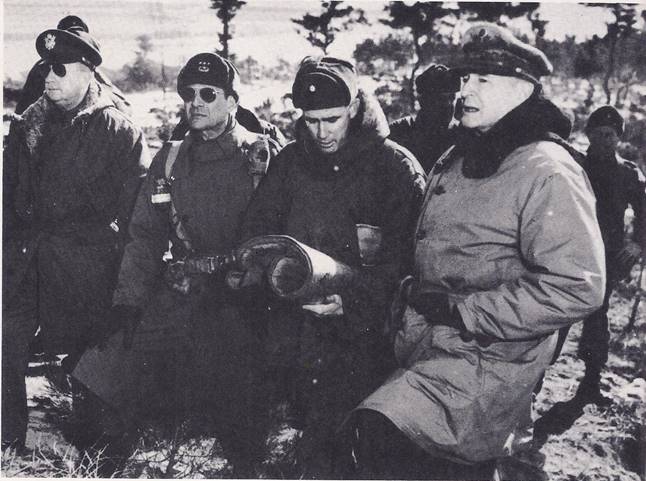
Guided by Stalin, the Communists came into conflict with the United States again and again. The Greek civil war of 1947 and the Berlin blockade of 1948 were eventually settled without the use of American soldiers, but when Communist North Korea invaded South Korea in 1950, President Truman ordered American troops into action. Before long, Communist China entered the war and since China and the Soviet Union were bound by a military treaty, the world seemed dangerously close to a full-scale war. The Western powers took steps to strengthen the North Atlantic Treaty Organization military alliance, placing it under the command of General Dwight D. Eisenhower, who had led the Allied armies in World War II. The Communist nations, in turn, formed an alliance of their own called the Warsaw Pact. Thus two large armies faced each other, ready for a war which might break out at any moment.
Meanwhile, the cold war was having an effect on events within the United States. Many Americans considered the victory of the Chinese Communists in 1949 a serious defeat for the United States. The American people had always regarded China as a friendly power and on several occasions they had gone to China’s defense, most recently against Japan, but with the Communists in control of the government, China suddenly became an enemy.
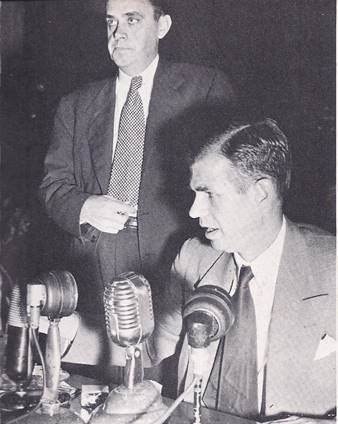
Americans had looked forward to a time of peace and prosperity after World War II; they did have prosperity, but again the world seemed divided into two armed camps. When fighting broke out in Korea, the government again drafted men and sent them into combat, while at home it imposed price, wage and production controls. As China threw millions of troops into battle, the Korean war developed into a stalemate that dragged on year after year. Never in its history had the United States been involved in such a frustrating war and the American people became increasingly impatient and uneasy.
Adding to their uneasiness were the sensational trials held in the United States, particularly the trial of Alger Hiss in 1949. Hiss was a respected man in international affairs and had risen to a high position in the State Department. He had been one of the drafters of the United Nations Charter and later had been appointed head of the Carnegie Endowment for Peace. In 1948, a former Communist spy, Whittaker Chambers, accused Hiss of having been a member of a Communist spy ring while working for the State Department in the 1930’s. Hiss denied it. Then Chambers produced copies of secret State Department documents which he said Hiss had given him; Chambers had kept them hidden in a pumpkin on his farm. Tried for perjury, Hiss was convicted when experts showed that the “pumpkin papers” had been typed on a typewriter Hiss had once owned. He was sentenced to five years in prison.
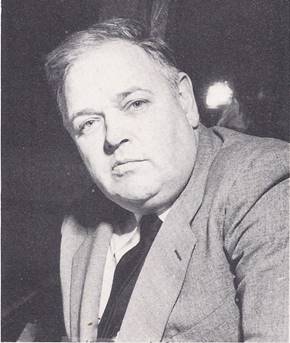
It soon became clear that for many years the Russians had been receiving valuable information from a vast international network of spies. The most important of the spies was Klaus Fuchs, an eminent scientist who had worked on the atomic bomb in Britain; he was tried there and given a sentence of fourteen years in prison. In 1950, Fuchs’ helper in the United States, Harry Gold, was given a thirty-year sentence. The following year, Julius Rosenberg and his wife, Ethel, were convicted of espionage, mainly on the testimony of Ethel Rosenberg’s brother, who had also been a spy. They were sentenced to death and many people regarded the sentence as too severe. Although protests poured in from all over the world — even the pope recommended mercy — the Rosenbergs died in the electric chair in 1953.
The spy trials and the worsening situation abroad aroused suspicion and distrust among Americans. They began to look for Communist traitors and conspiracies everywhere. Leading Communist party members were brought to trial after 1949 for “advocating the overthrow of the government by force and violence” and given jail sentences. The government issued a list of hundreds of organizations which it called subversive. Congress passed new laws to protect “internal security,” but these laws proved difficult to enforce because of their doubtful legality and the Supreme Court did later rule against some of them. It became a common practice for anyone who disliked the ideas of another person to label him a Communist or Communist sympathizer. Some politicians went so far as to accuse leading Americans in the government, such as General George C. Marshall, of having “sold out” China and of being traitors to their own country.
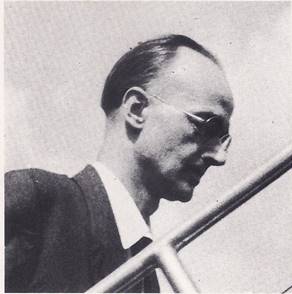
Among these politicians was Joseph R. McCarthy, a Republican senator from Wisconsin. In February of 1950 be made a speech charging that 205 “known” Communists were working for the State Department. Several days later, he wrote an open letter demanding that President Truman dismiss these unnamed Communists: “Failure on your part,” McCarthy said, “will label the Democratic party as being the bedfellow of international Communism.“ In other words, McCarthy was threatening to brand the Democrat party as a supporter of Communism if it did not do as he asked.
For months, McCarthy repeated his charges; the State Department repeatedly denied them. Curiously, the number of “known” Communists on McCarthy’s list changed every time he spoke. From 205 it went down to 150, then to 57 — and finally to one. McCarthy gave the name of this one person, who later was cleared by a Federal judge of all charges against him.
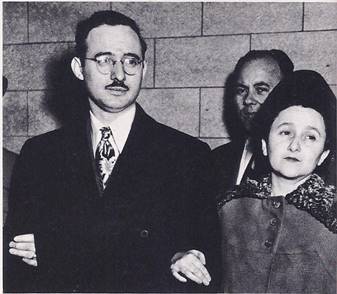
Even so, more and more Americans came to believe that McCarthy was exposing traitors and subversive persons. It did not seem to matter that he offered no evidence and that he was casting doubt on the reputations of many men. His fame grew and he attacked other departments of the government and private institutions as well. Every charge that he made received tremendous publicity and soon he was the most feared political figure in America. Few Americans dared to speak out against him, although privately many felt that he was undermining the American traditions of democracy and its system of law. Just as important, an increasing number of people followed McCarthy’s lead and began to make charges of their own.
It was in the midst of this period of “McCarthyism,” in the same year that Stalin died, that Eisenhower became President. He was a Republican and after twenty years of Democratic government, Americans wanted a change. They had been losing their confidence in the Democrats since the late 1940’s when the cold war took a turn for the worse. Furthermore, Eisenhower was personally popular; as a military leader, he had won the respect and the affection of the people. His nickname was “Ike,” and a slogan of his election campaign was “I like Ike.”
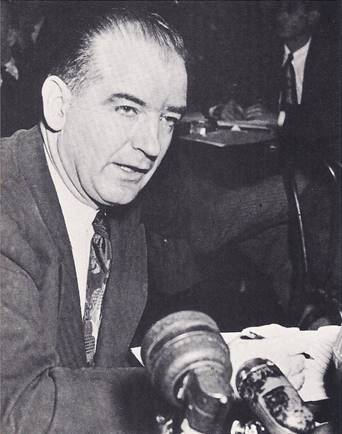
As new leaders took office in both the United States and the Soviet Union, the world wondered how they would face the problems that threatened to shatter the peace. Would Eisenhower bring an end to the Korean war, as he had promised? Would the Soviet Union continue to follow Stalin’s policies? Would the cold war go on, or, even worse, lead to a fighting war that might destroy civilization? The world wondered — and waited. It did not have long to wait before some astonishing changes took place in Russia.
